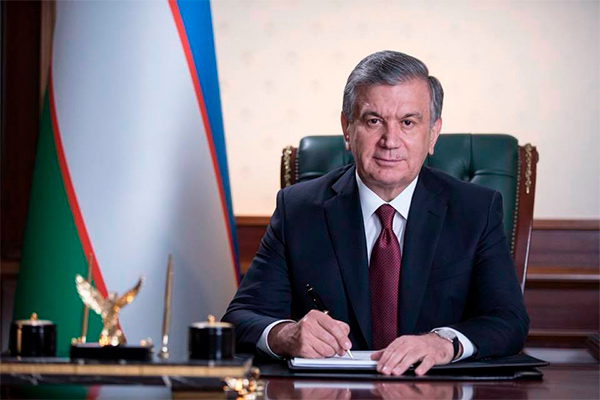
Uzbekistan to enhance social protection system
Uzbekistan to enhance social protection system
Tashkent, Uzbekistan (UzDaily.com) — Uzbekistan’s social protection system will undergo significant improvements following the new Presidential Decree on enhancing the financing procedures for social welfare programs.
Starting from 1 April 2025, social assistance through the "Social Notebooks" funds will be provided exclusively to families listed in the Register of Low-Income Families.
Additionally, support aimed at improving housing conditions and healthcare access will be available to families whose monthly income per family member does not exceed twice the minimum consumer expenditure level.
Under the new policy, up to 25% of the funds from the "Women’s Notebook" and "Youth Notebook" can be used for cultural, educational, sports, and tourism activities.
New support instruments for families in the Register of Low-Income Families will also be introduced. Grants of up to 60 times the BCU (Basic Calculation Unit) will be allocated from the "Women’s Notebook," "Youth Notebook," and "Sakhovat va Kumak" funds to finance social projects aimed at job creation and increasing social engagement, ensuring employment for at least three women, youth, and other vulnerable groups.
Moreover, funding of up to 150 times the BCU will be provided through the "Sakhovat va Kumak" fund for housing reconstruction and repairs for families affected by natural disasters such as fires, floods, earthquakes, and other emergencies.
From 1 April and 1 September 2025, one-time financial assistance previously issued through the "Youth Notebook" and "Women’s Notebook" will be replaced by allowances for low-income families.
Additionally, from 1 May 2025, funding for medical treatment and surgeries from the "Social Notebooks" funds will be transferred to the State Health Insurance Fund.
A new subsidy system will also be piloted in the Republic of Karakalpakstan and Khorezm region starting from 1 April 2025. Instead of one-time financial aid, families in the Register of Low-Income Families will receive subsidies to cover expenses for drilling artesian wells, installing water pumps, and purchasing drinking water filtration systems, ensuring access to clean water for local communities.